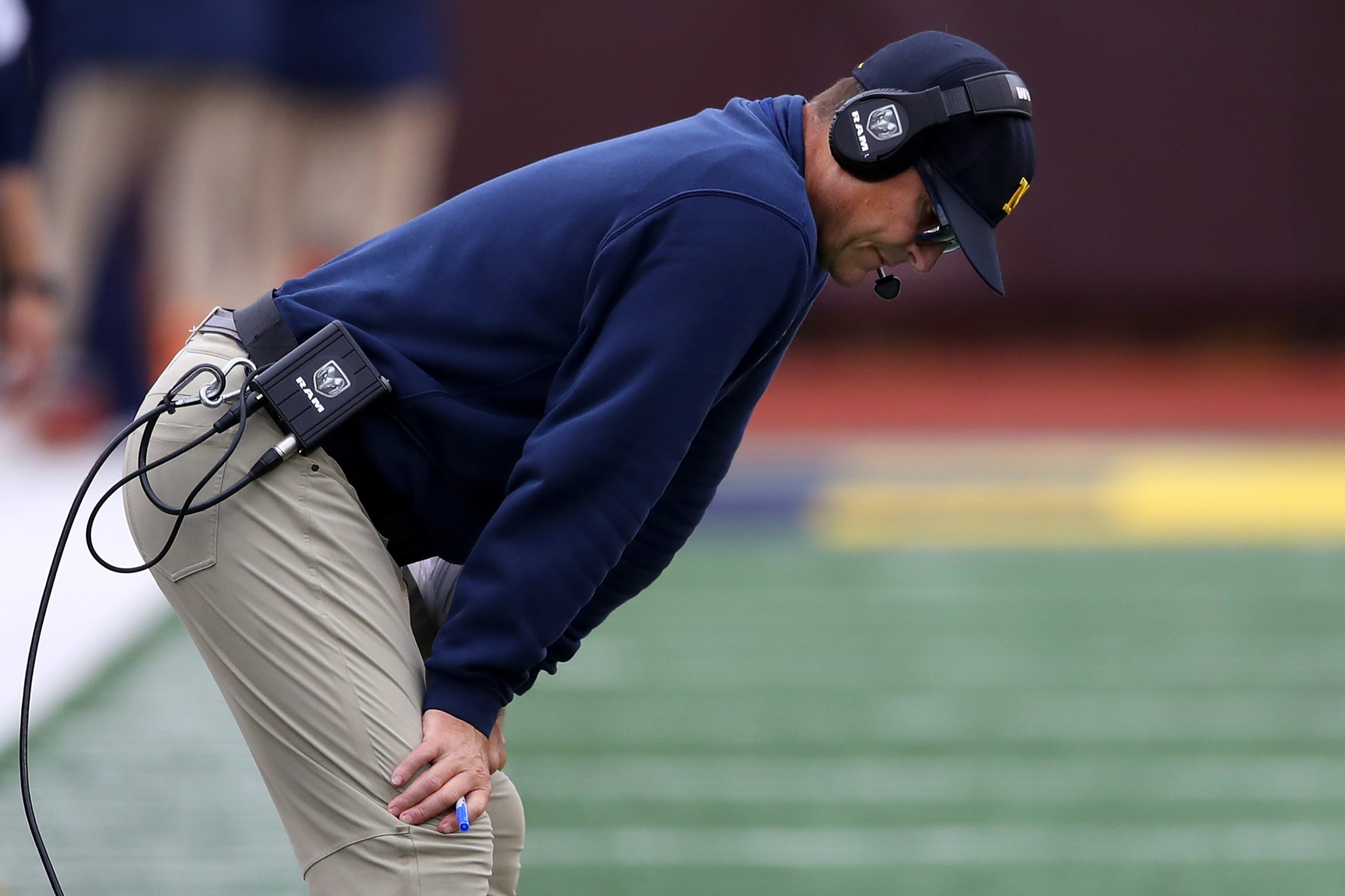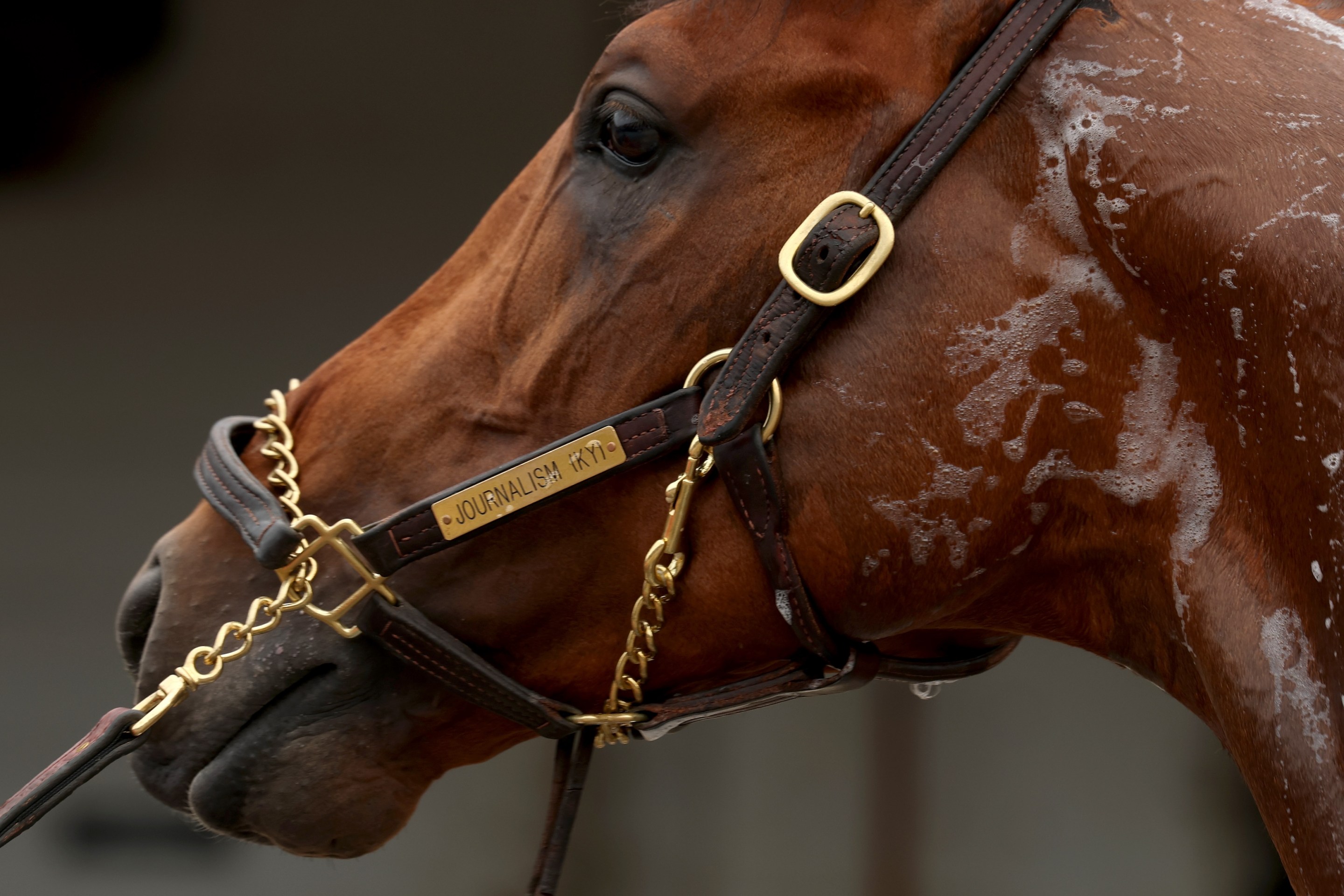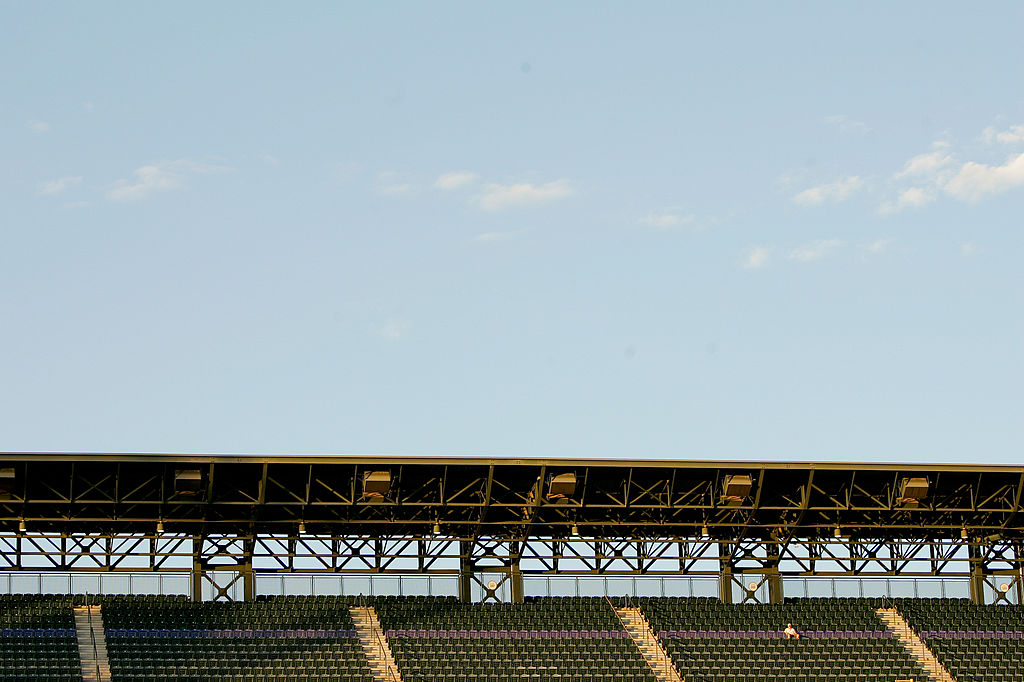In November of 2014, his fourth month as president of the University of Michigan, Mark Schlissel, a Princeton- and Johns Hopkins-educated immunologist hired away from Brown, found himself in what might be one of humanity’s more degrading positions: asking Brady Hoke for his forgiveness.
Schlissel had inherited an athletic department in disarray; he was heading up a very public search for an athletic director to replace the one who’d resigned in disgrace. He’d brought up “this sports stuff” in an open meeting, called it a “time sink,” grumbled that the university admitted academically underqualified athletes and suggested Michigan may not be complying with NCAA limits on practice time. Hoke and the athletics staff got their apology within three days.
Hoke wasn’t long for the job—he’d be replaced by Jim Harbaugh the next month—but as one of the area’s sports columnists said at the time, the lesson Schlissel learned in all this was a cardinal one. There is a pecking order at Michigan in which literal president of the university ranks decidedly below zealous face of the football team. The school’s athletic department is the tail that wags the dog, and that is something neither open to critique nor liable to change, certainly not by the physician-scientist just in from Providence.
The lesson was wrong, or at the very least, it doesn’t apply during a pandemic. On Saturday, at a 75-person protest of the Big Ten’s decision to postpone fall sports, Harbaugh told reporters he’d been texting and emailing Schlissel with team testing data he hoped would change the president’s decision to vote against playing the season. Harbaugh wouldn’t say it outright, but he implied that Schlissel wasn’t even responding.
At schools like Michigan, college football coaches run their kingdoms with two governing principles: ego and self-belief. They command more attention than anyone else on campus. They have free rein to browbeat legions of unpaid players in the name of character building. They say outrageous and sometimes bigoted things, which earn them no reprimand. In most states, they are the highest-paid public employee. They are not used to not mattering and not used to being told no.
To watch both happen has been a curious thing. It is to witness power curbed, or the limits of that power defined in ways they seldom are. The coaches of the Big Ten, predictably, have not taken this incursion well. Penn State's James Franklin said on a radio show that a lack of what he vaguely referred to as "communication" was frustrating. "We’ve never really been told or understood why the season was shut down in the first place, and there hasn’t been a whole lot of communication since," he said. "When I say communication, we’ve had meetings, but I’m talking about really understanding ‘why’ and ‘what’ and ‘how we got here.’” Ohio State's Ryan Day, yesterday, demanded to know why his players could not play, pandemic apparently not a sufficient answer.
They join an abundance of Midwestern men in middle age troubled by the news that their own preeminence was never a certainty but a matter of circumstance. When you've believed for so long that the locus of power sits with you and then learn abruptly that it doesn’t, figuring out where it actually lies can be a disorienting exercise, which is why the Big Ten has devolved into a tangle of futile and illogical lobbying in recent weeks. Pick any two parties to this situation, and some sort of public letter has been written from one to the other. Donald Trump is sweet-talking Kevin Warren, whose head has been called for by a lame assortment of petitions. Twenty-odd parents (and probably twice as many curious reporters) gathered outside Big Ten headquarters, where—who knew!—there is a Fogo de Chão.
As anyone on the outside looking in can see, this situation is not as complicated as a coach would make it out to be. Coaches report to athletic directors, who report to university presidents, who in confederacy govern the Big Ten Conference. The presidents, having evaluated the health risks to players and financial risks to their institutions, voted overwhelmingly against playing the fall football season. Because data is a tool and not an answer, other people might use the same information to make a different decision, but these particular presidents are not the other people. The 11 of 14 presidents who voted against playing don’t seem swayed by strange, chauvinist displays, or for that matter, the least bit interested in arguing about this any further.
Rutgers president Jonathan Holloway, a former football player himself and not one to take the value of college sports lightly, told NJ.com’s Steve Politi in no uncertain terms on Thursday that he felt no qualms about his vote. “If I’m wrong because I was erring on the side of safety, I don’t have a problem with that,” Holloway said. “I don’t think I’m wrong, though. I just don’t think it.” He also told Politi that the Warren-Trump call was nothing more than "cheap politics," and that college football does not rise to the level of things the President of the United States should be concerned with, "not for a half second."
The most pressing power struggle at Michigan right now doesn’t involve football at all. The university, to the objection of students, staff and faculty, has reopened haphazardly and with shockingly little care for the people who make it function. Last weekend, for the first time since 1975, the graduate employees’ union voted to strike, demanding robust testing and safety protocols, resources for remote work and reduced funding of campus police. Citing poor health protections, residence hall workers joined them in striking on Wednesday, and dining hall workers will walk off the job today. Schlissel didn’t learn how to run a mammoth athletic department at Brown, but he did learn how to crush student activism. The university responded to the graduate employees' strike with a tweet pointing out that public employees are barred by law from striking, about 30 minutes after the account retweeted a post commemorating Labor Day. The stage is set for a big, far-from-over fight about who matters at a university and what obligations Michigan has to protect them, if it will admit to any. Jim Harbaugh, notably, isn’t on that stage.






